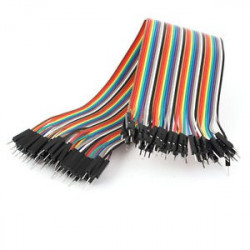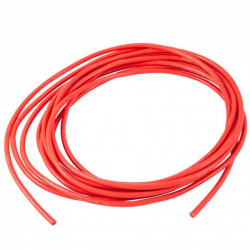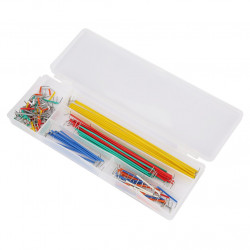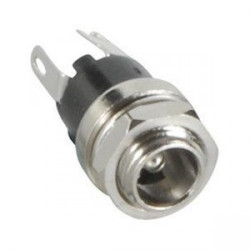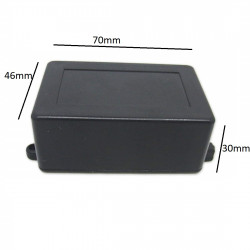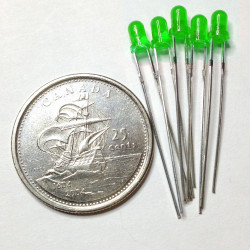
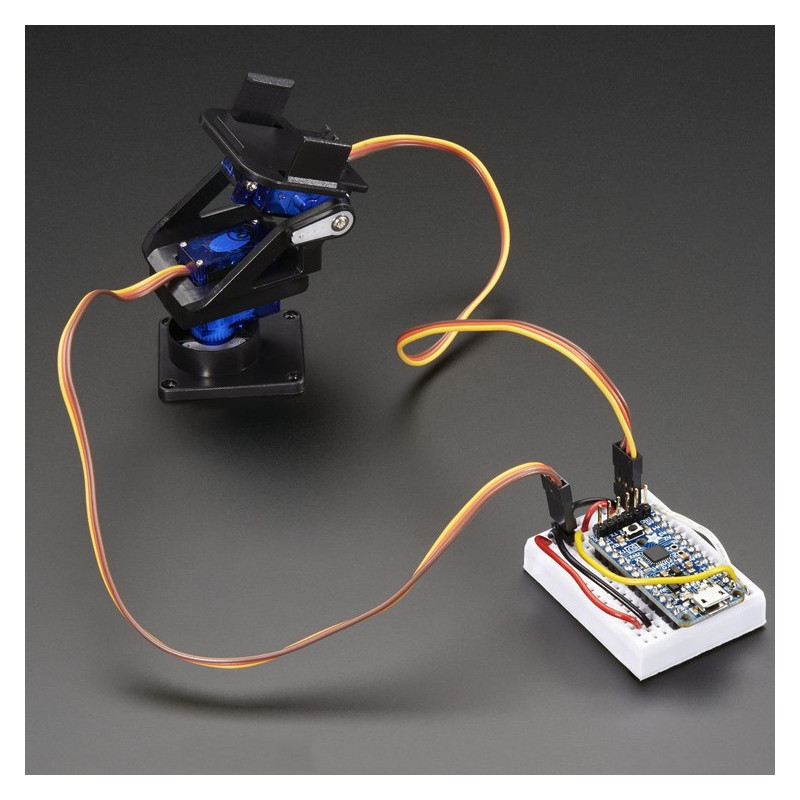




location_on 4131 Fraser St. Vancouver BC Get Directions
phone 604-875-1993 Call us
access_time Hours
| Monday - Friday | 9AM - 5:30PM |
| Saturday - Sunday & Holidays | Closed | See Holiday Hours |
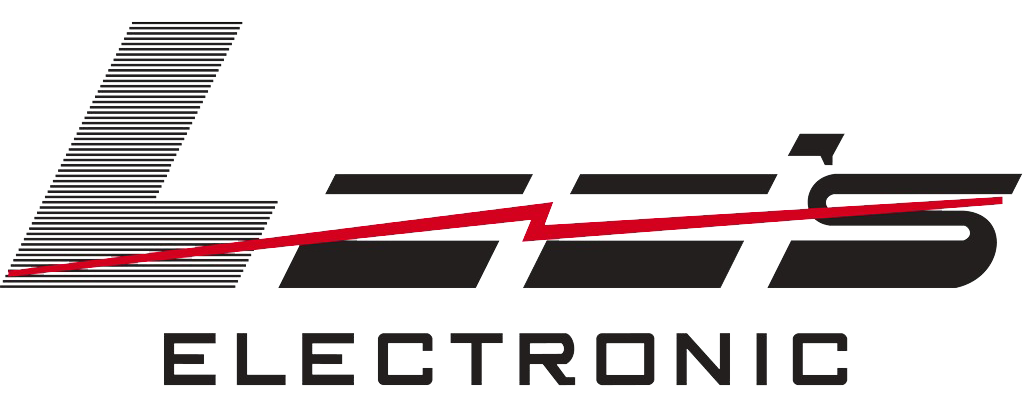













This item has been retired.
This item has been deprecated and is replaced by the Adafruit Metro Mini. Both uses ATMega328 chip and is compatible with Arduino. Please note that the Metro Mini is 5V and 16MHz clock.
Trinket's got a big sister in town - the Pro Trinket 5V! Pro Trinket combines everything you love about Trinket with the familiarity of the common core Arduino chip, the ATmega328. It's like an Arduino Pro Mini with more pins and USB tossed in, so delicious.
Trinket's a year old now, and while its been great to see tons of tiny projects, sometimes you just need more pins, more FLASH, and more RAM. That's why we designed Pro Trinket, with 18 GPIO, 2 extra analog inputs, 28K of flash, and 2K of RAM.
Like the Trinket, it has onboard USB bootloading support - we opted for a MicroUSB jack this time. We also added Optiboot support, so you can either program your Pro Trinket over USB or with a FTDI cable just like the Pro Mini and friends.
The Pro Trinket PCB measures only 1.5" x 0.7" x 0.2" (without headers) but packs much of the same capability as an Arduino UNO. So it's great once you've finished up a prototype on an official Arduino UNO and want to make the project smaller.
The Pro Trinket 5V uses the Atmega328P chip, which is the same core chip in the Arduino UNO/Duemilanove/Mini/etc. at the same speed and voltage. So you'll be happy to hear that not only is Pro Trinket programmable using the Arduino IDE as you already set up, but 99% of Arduino projects will work out of the box!
For tons more details, check out the Introducing Pro Trinket tutorial
Here's some things you may have to consider when adapting Arduino sketches:
Here's some handy specifications:

